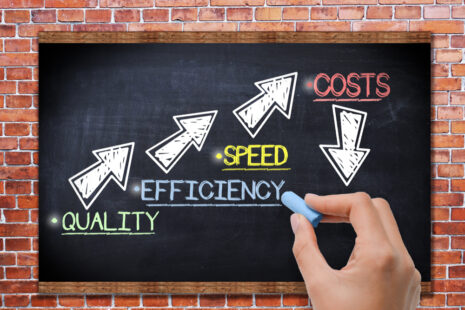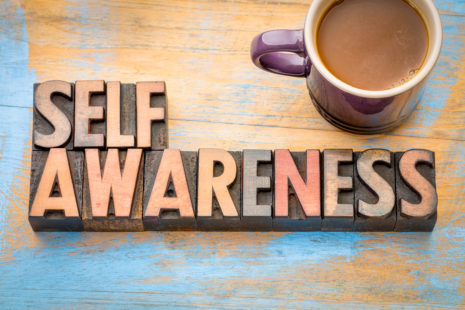While anyone can technically call themselves a relationship coach, being an effective and successful relationship coach requires certain skills, knowledge, and qualities.
Here are some key considerations for becoming a relationship coach…
- Training and Education – While formal education is not always required, many successful relationship coaches have training in fields such as psychology, counseling, social work, or coaching. Completing a coaching certification program can also provide valuable skills and credentials.
- Experience – Having personal or professional experience in relationships can be beneficial for a relationship coach. This can include personal growth and self-awareness, as well as experience working with individuals or couples in a counseling or coaching capacity.
- Empathy and Communication Skills – Relationship coaches need strong empathy and communication skills to connect with clients and help them navigate their relationship challenges effectively. Active listening, empathy, and the ability to communicate clearly and compassionately are the key.
- Knowledge of Relationship Dynamics – Relationship coaches should have a solid understanding of relationship dynamics, including communication styles, conflict resolution, intimacy, and attachment styles. This knowledge helps coaches provide effective guidance and support to their clients.
- Boundaries and Ethics – Relationship coaches should have a clear understanding of professional boundaries and ethical guidelines. They should be able to maintain confidentiality and act in the best interest of their clients at all times.
- Continuing Education – The field of relationships is constantly evolving, so relationship coaches should be committed to ongoing learning and professional development. This can include attending workshops, conferences, or training programs to stay current on best practices and trends in the field.
While anyone can start a career as a relationship coach, being successful in this role requires a combination of education, training, experience, and personal qualities. With the right skills and mindset, anyone can become a successful relationship coach and make a positive impact on the lives of their clients.





